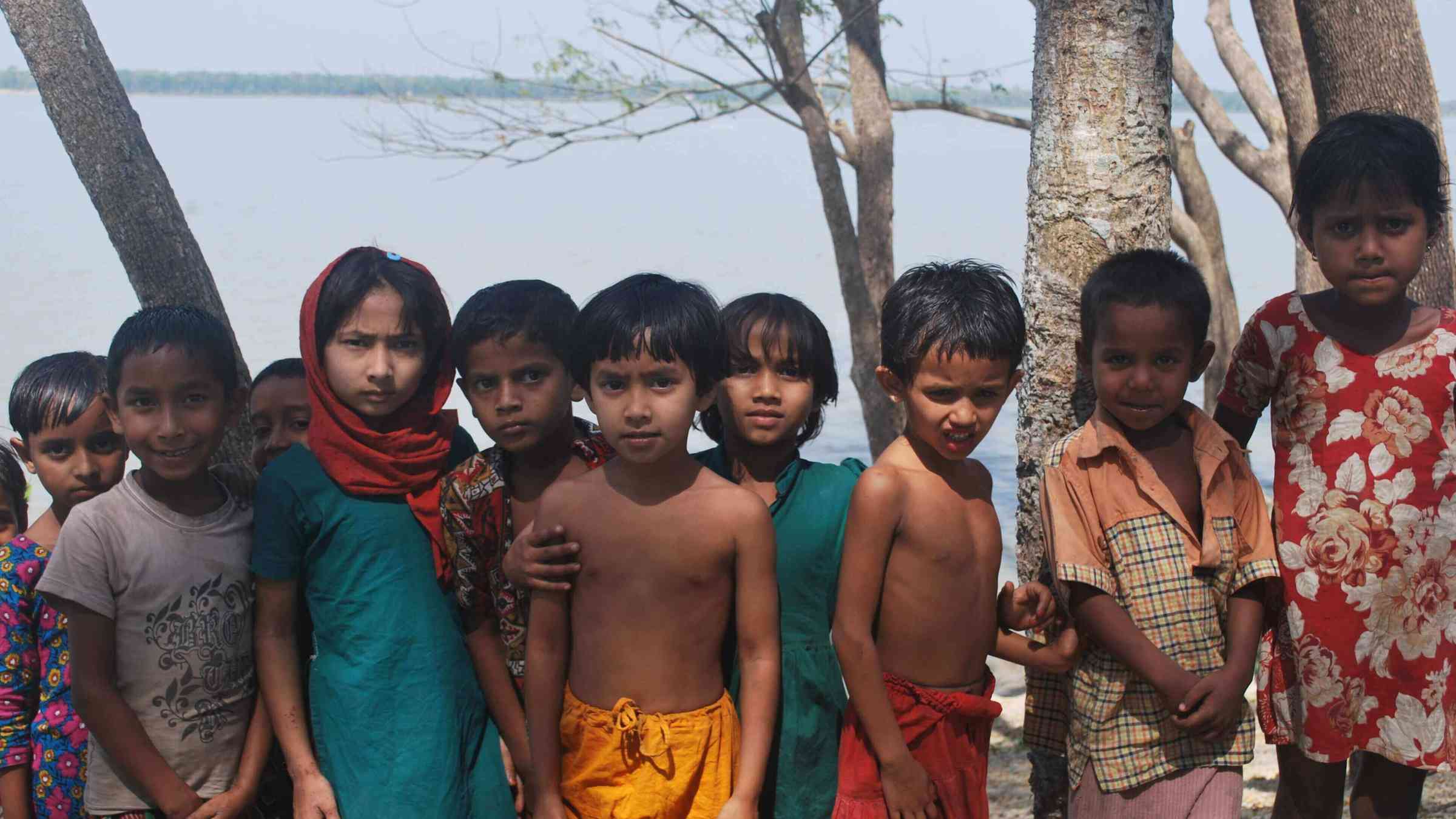WRC5 Plenary Session: Rethinking Recovery Governance Models: Planning and Managing Recovery from Complex and Interconnected Disaster-Conflict Events in the COVID-19 Transformed World
Watch this session on-demand
The plenary will highlight key governance issues including: policy and strategic frameworks governing complex multisectoral recovery across the disaster and conflict spectrums, the role of NDMAs and reconstruction agencies in recovery from complex crises including public health emergencies; assessing, planning and managing recovery from complex crisis, jurisdictional challenges in recovering from a national-level emergency and localized disasters, especially in a conflict setting; implementation challenges and capacity constraints (human, financial, institutional, supply chain) in undertaking disaster recovery in conflict settings; reaching vulnerable populations and economic sectors, and addressing the structural drivers of disasters and conflict; building conflict sensitivity in disaster recovery programs; the ability to obtain, understand and communicate information; and building resilience to future shocks in a way that helps to resolve conflict. The session will also identify innovations and good practices that address these issues and light the way forward for improved governance models.
Session objectives
- Assess how well existing governance models for disaster recovery have performed in disaster-conflict situations during COVID-19;
- Identify and explore the unique governance challenges for recovery that have emerged during the pandemic;
- Highlight key governance issues for complex recovery that have not been adequately handled by existing institutions and management approaches;
- Share innovations and good practices that address these issues; and
- Make recommendations for adapting and improving governance models.
Moderator
- Mr. Ronald Jackson, Head, Disaster Risk Reduction, Recovery for Building Resilience, United Nations Development Programme, and International Recovery Platform Steering Committee Chair
Keynote
- Mr Niels Holm-Nielsen, Head, Global Facility for Disaster Reduction and Recovery, World Bank
Presenters
- Mr Antonio Freitas, Deputy Finance Minister, Democratic Republic of Timor-Leste
- Mr. Jerry Chandler, Director General, Civil Protection, Republic of Haiti
- Mr. Nathan Nkomo, Chief Director, Civil Protection, Republic of Zimbabwe
Panelists
- Mr. Banak Joshua Dei Wal, Director General, Disaster Management, Republic of South Sudan
- Ms. Anita Chandra, Vice President, RAND Corporation
- Ms. Katie Peters, Senior Research Fellow, Overseas Development Institute
Learn more
Where do we stand
COVID-19 has presented the world with unprecedented governance challenges in terms of preparing for, responding to and recovering from the pandemic. Among these challenges are: a) the need for real-time data that can be used for sound decision-making; b) communicating accurate and usable information to key audiences; c) mastering the globalized supply chain; d) addressing a threat that cuts across socio-economic groups, sectors and jurisdictions; e) protecting the groups and economic sectors that are most vulnerable to the virus; and f) ensuring that recovery builds resilience to future risks. Unlike other disasters, the COVID-19 crisis has been protracted and continues to evolve. And, in addition to the deleterious health effects, the response measures have had an enormous socio-economic impacts with related recovery needs.
While the pandemic dominated the global scene, local disasters and conflicts continued to happen with significant impacts on lives and livelihoods. In some situations, disasters and conflicts occurred in the same space, further increasing the complexity of recovery. One consequence of confronting these multiple threats is that, in many cases, existing governance models have not been up to the task of planning and managing recovery. This is particularly the case for complex and interconnected disaster-conflict events that have occurred particularly during the response to the pandemic.
Session guiding questions
- What parameters and principles should govern and inform the disaster recovery programs in conflict settings?
- How did existing governance models for disaster recovery perform in disaster-conflict situations during COVID-19?
- What unique challenges have arisen for recovery planning and management during the pandemic, especially in disaster-conflict settings? What are the emerging good practices?
- How have governments applied DRR/M approaches for recovery from the pandemic?
- What are the implications for adapting and reforming governance models?

Agenda
Location
BICC Ground Floor
Online access
Participation
Open to those registered for the conferenceInterpretation
EN, FR, ILS, ESDetails
Contact
Ayaz Parvez aparvez@worldbank.org; Haris Sanahuja hsanahuja@worldbank.org
